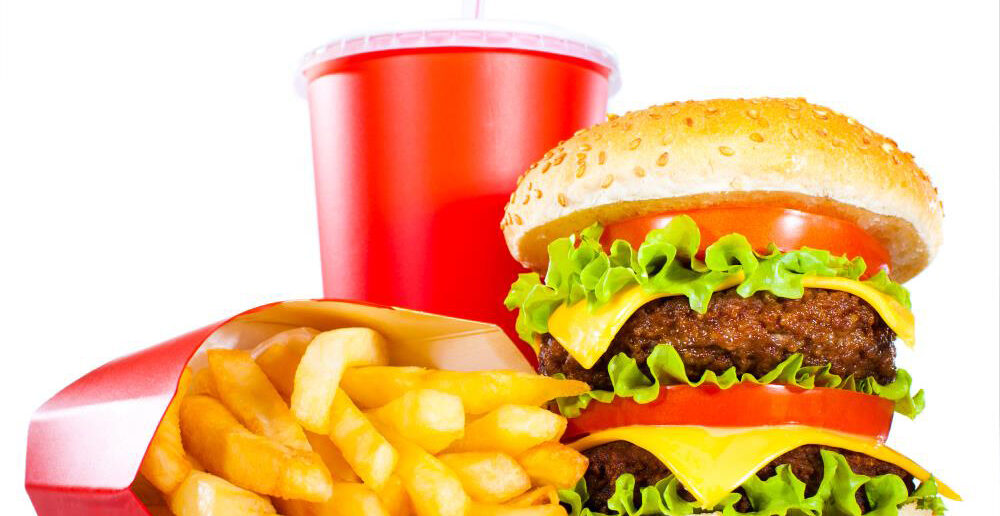Customers of fast food giant McDonald’s are not spared by inflation. The fast food chain’s Big Mac extra value meal, a combo of the iconic burger, medium beverage and a medium fry, now costs $18 in some locations – up $10 from 2018 when former President Donald Trump was still president.
A viral video of an enraged diner resurfaced, wherein he claimed that the fast food franchise is no longer affordable for the everyday American. “So, I get there’s a labor shortage, I get there’s wage increases and a number of other things,” flabbergasted Idaho man Christopher Olive began in a clip posted to TikTok last year. Critics blame current President Joe Biden’s terrible economic policies, dubbed “Bidenomics,” saying the ever-surging costs of supposedly affordable fast food could impact the 2024 election. “Those [Biden’s economic policies] have driven prices overall about 15 percent higher since Biden came in; on essentials like food and energy, they’re up closer to 25 percent,” a New York Post article pointed out. “Equivalently, think of it as having slashed the income of a typical family by close to $5,000. Mortgage rates are cruising toward eight percent as the median home price hovers near $420,000.”
First, groceries and gas prices have skyrocketed and now some McDonald’s menus, as well as eating out in general. Nothing costs a dollar anymore. In New York, Mickey D’s small fries now cost almost $2.50. (Related: McDonald’s records increase in PROFITS – thanks to HIGHER PRICES of menu items.)
Moreover, Bloomberg reported earlier in the week a Bloomberg News/Morning Consult poll that concluded more than 50 percent of voters in key swing states said grocery prices are the top way inflation impacted their budget. A pound of ground beef now costs $5.23 on average, up from $3.89 in January 2020. Also, coffee is up some $2 a pound. Prices for fresh fruits and vegetables are nearly 14 percent higher. At one point, the price of a carton of eggs was triple its pre-pandemic price. “It’s a huge slap in the face and I’m surprised that some people are saying inflation’s coming down,” said Ryan Essenburg, 50, who lives in California’s Bay Area. “It’s hard. You go get your bill and it’s like, ‘What’s happening here?'”
In October 2020, a Census Bureau survey showed a four-person household spent an average of $238.32 in a week on food at home. This year, a similar survey showed that figure had jumped to roughly 32 percent more at $315.22.
Grocery inflation is anticipated to return to less than two percent next year, but that might not offer consumers much relief. “I don’t see any other way than food overall is going to be taking a higher share of people’s disposable income than before,” said Brandon McFadden, a professor in food policy economics at the University of Arkansas. “You can’t wiggle out of buying food.”
Meanwhile, Biden still claims that during his term, the price of gas, groceries and airline tickets during the past year have all gone down. During the first meeting of his supply chain resilience council, he bragged about the prices of turkey, gas and air travel after the cost of the items actually increased under his leadership. “Together we made progress. You know, from turkey to air travel to a tank of gas, costs went down,” he said. However, he lamented that he received little thanks for his efforts.
Continue: Naturalnews.com






Leave a Reply